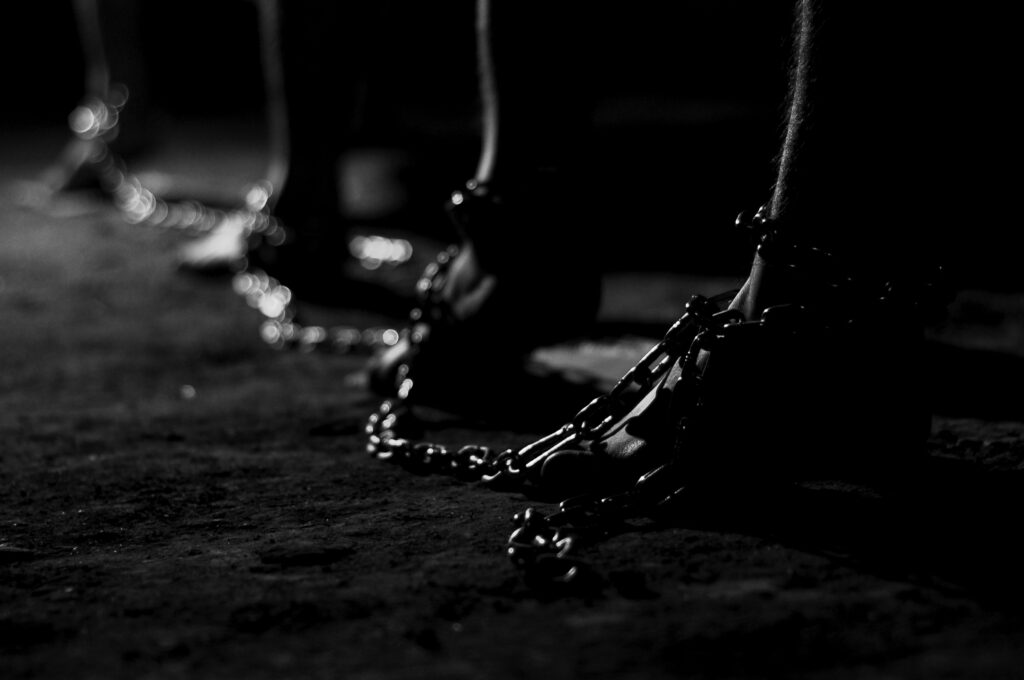The Salvation Army has seen a continued rise in the number of victims of modern slavery being referred to its organisation, with approximately 1,554 people being helped in July 2016 and June 2017. The charity reports a 300% rise in the number of referrals since 2011/12 when it launched its government contracted, victim support service. The service aims to help provide specialist support services to adult victims of modern slavery and their dependents identified in England and Wales. The report also highlights trends in the development of modern slavery and outlines ways the charity is attempting to combat the issue. Gemma Lindfield, barrister at 5 St Andrew’s Hill, Jessica Skinns, associate at Bindmans, and Philippa Southwell, solicitor advocate at Birds Solicitors, discuss how educating services on identifying victims could explain the rise in referrals. They warn that businesses cannot ‘turn a blind eye’ to the legislation around modern slavery and that no business is exempt from exploitation happening along the supply chain.
The report identifies 5,868 people to have received support from the Salvation Army between July 2011 and June 2017. It breaks down the different types of exploitation seen within the referrals. These include:
- in 2017 48% (741 people) of people referred had been trafficked for sexual exploitation
- in 2017 39% (606 people) of people referred had been subjected to labour exploitation
- in 2017 13% (195 people) of people referred had been victims of domestic servitude
- in 2016 one person referred had been trafficked for organ removal
The report also found, among other things:
- the largest proportion of victims were referred from London, despite referrals being received from all over England and Wales
- there were 95 different source countries for people being exploited in England and Wales
- the highest number of clients (both male and female) were Albanian
- 44 British people were supported, keeping Britain among the top ten nationalities of people referred for support
Projects and prevention
The Salvation Army has launched seven anti-human trafficking projects called ‘community awareness and recovery’ in countries where vulnerability to slavery is high. In light of the new data, Nigeria, which remains a high source country, has been added to the lists of projects.
The projects, funded by the Modern Slavery Innovation Fund (administered by the Home Office), enable the Salvation Army to undertake innovative prevention work. This includes, among other things:
- host families for victims of modern slavery to live with during their recovery
- recruiting and training volunteer ‘champions’ to act as a point of contact in their communities—the volunteers help raise awareness of trafficking and identify people suitable to receive support in the programme
- ensuring potential or recovering victims receive support tailored to their needs, comprising skills training, livelihood support, and links to community support systems to help build self-sufficiency
Educating services to identify victims
Linfield and Skinns agree the rise in referrals could owe to services being better equipped at identifying and referring potential victims of trafficking and modern slavery—with the vast majority of referrals coming from government agencies in 2017.
Gender and women’s rights
Lindfield focuses on the breakdown of the different genders of those featured in the report. When breaking down the 5,868 clients of the Salvation Army since the contract was launched, 549 were men, 1,002 were women and three individuals identified as transgender. Linfield comments on the large number of females recorded in the report, saying ‘it is of great concern that there are twice as many female victims of modern slavery as there are male. In my opinion, this goes to show how much progress is needed for the rights of women’.
Skinns notes the importance of the introduction of MSA 2015, s 54—which came into force in December 2016—requiring certain commercial organisations involved in the supply of goods or services to prepare a slavery and human trafficking statement each financial year setting out various matters including their policies, due diligence processes, prevention measures and staff training on human trafficking and modern slavery. She says ‘the Salvation Army’s report coupled with these legal obligations mean that businesses should not be complacent about the role they must take in ensuring that their supply chain does not use slave labour’.
With the legislation estimated to apply to approximately 12,000 UK companies who have a turnover of £36m or more, Southwell notes that ‘the number of companies falling within the reporting requirements who have not published a compliance statement is extremely high.
While the legalisation targets relatively large businesses, many smaller companies have published statements, leading in the example of publicising their good and ethical businesses practices.
The risk of exploitation affects all industries
Southwell says the report and figures reflect the seriousness of modern slavery throughout the UK and the world. Lindfield also notes that even though a ‘high proportion of individuals are being exploited for the purposes of criminal behaviour, position and cannabis farming…there are victims of modern slavery who are involved in lawful industries’.
Southwell warns ‘no business is immune from modern slavery and it is no longer possible for companies to turn a blind eye, the legislation is the first step to shining a spot light on business practices throughout the UK’.
Linfield agrees: ‘Any business should consider whether there is any chance that there is modern slavery involved in their supply chain…[the report gives] one account [which] concerns forced labour in a hand car washing service…there is therefore no business that can rule out the possibility that people are being exploited in the supply chain.’
This article was first published on Lexis®Library on 16 October 2017.
